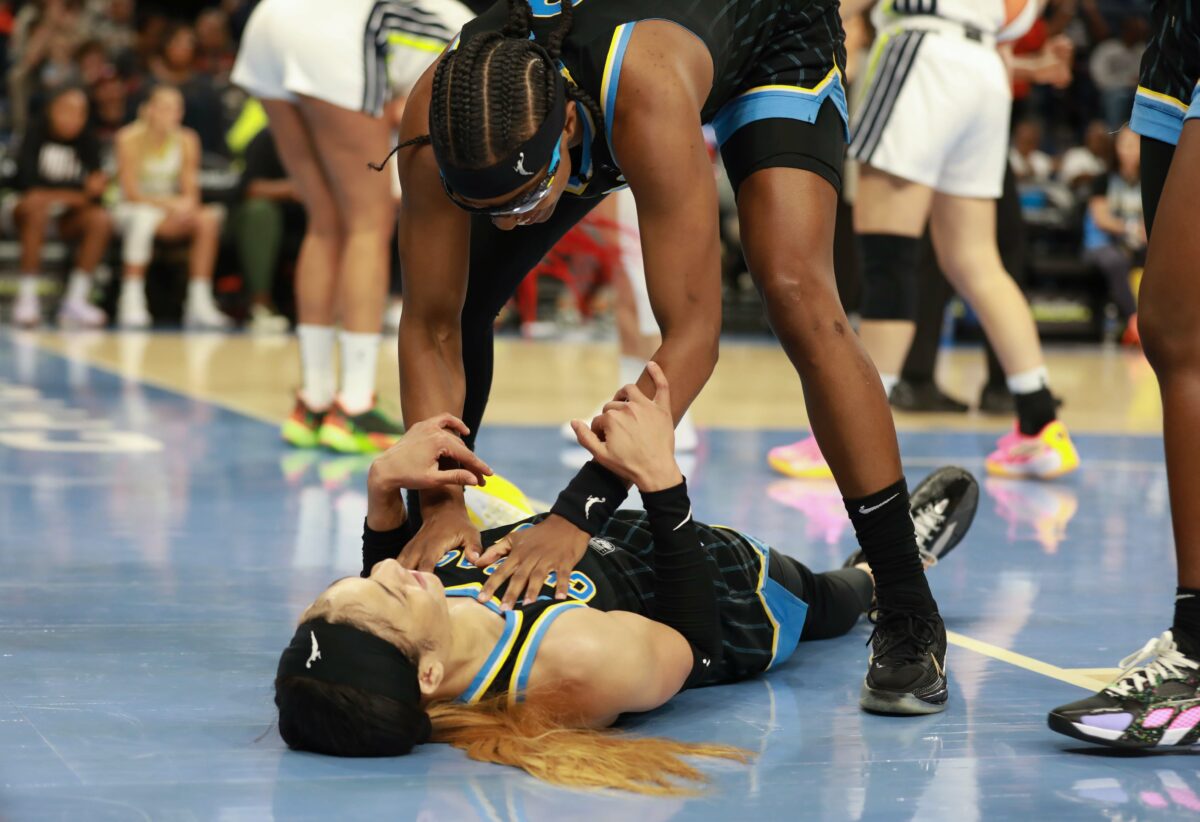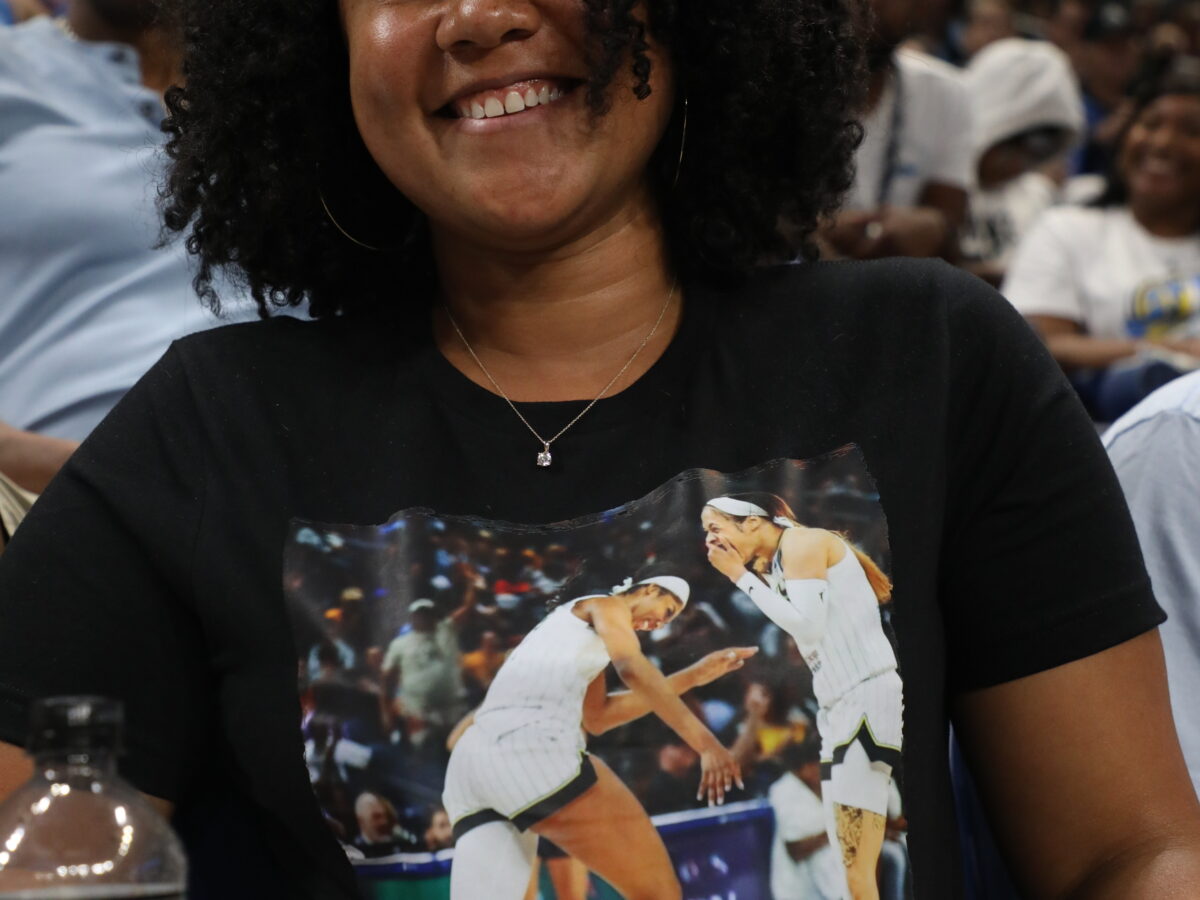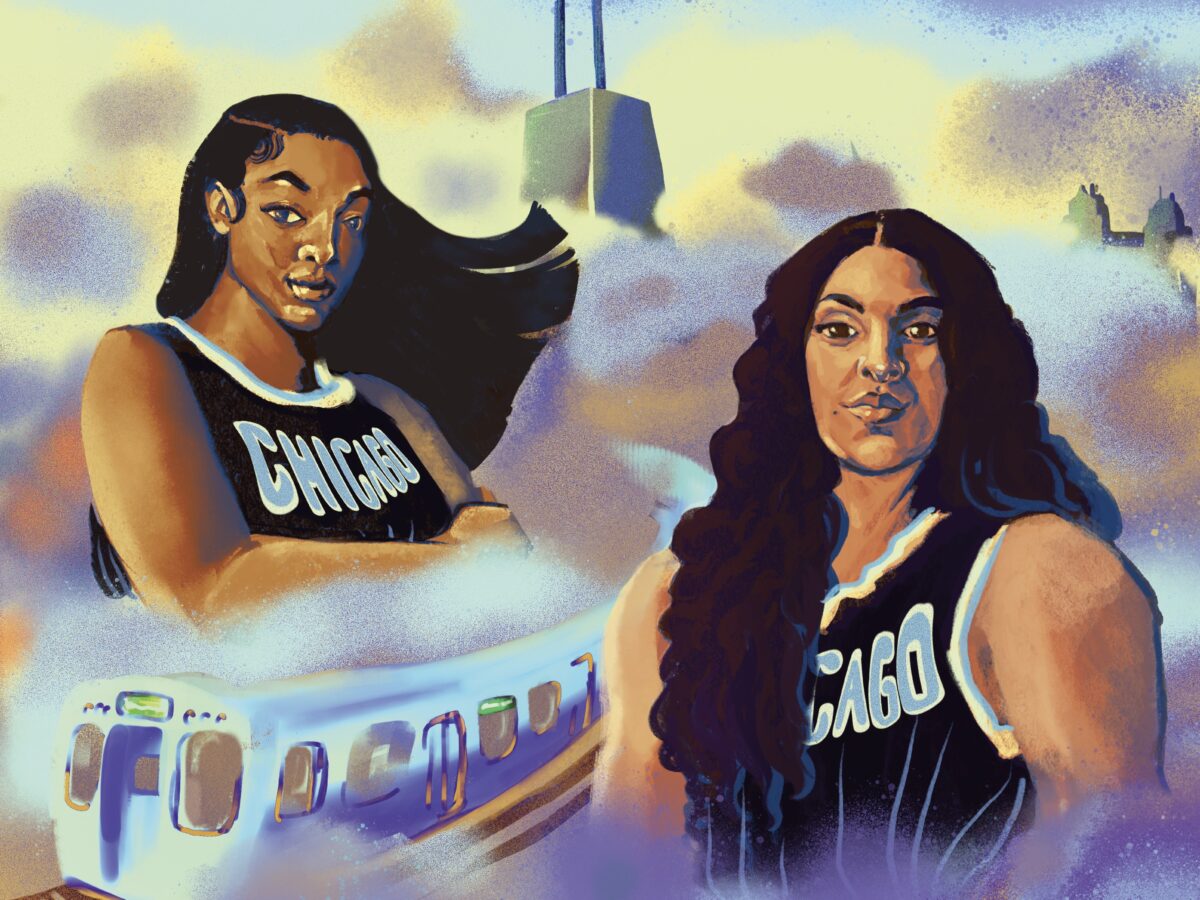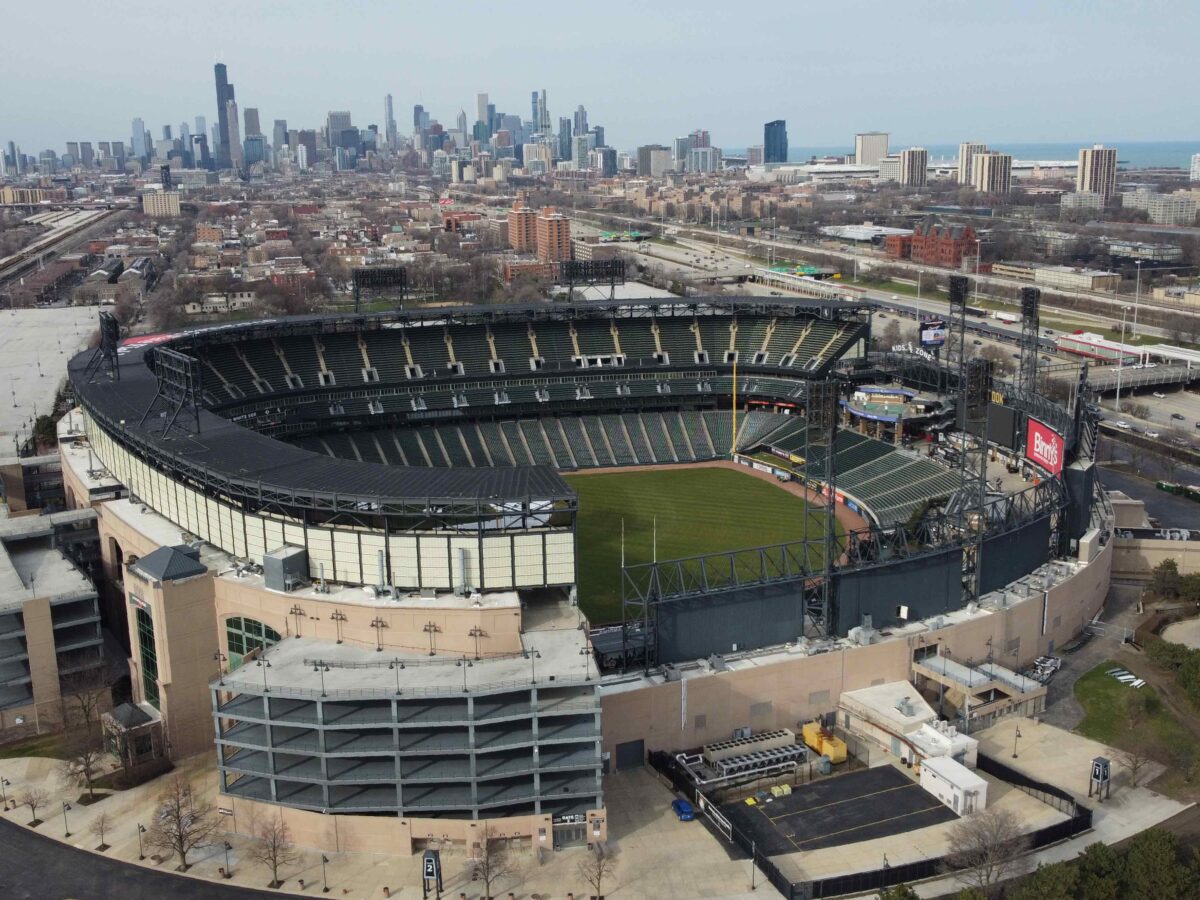The summer of 2024 was unlike any other WNBA season. The year marked a sea change across women’s basketball that ignited popularity, heightened stakes, and saw uneven waves of progress.
In Chicago, the Sky promised to rebuild from all sides. From the front office, there was word of a $38 million practice facility (ready by December of 2025, they say) that would move the team from a dreary public recreation center in the suburbs to a location where players could actually live downtown. The team, led by former WNBA superstar and head coach Teresa Weatherspoon, or “Spoon,” as her players affectionately call her, set its sights on blowing up poor pre-season rankings that projected the Sky finishing the season in last place.
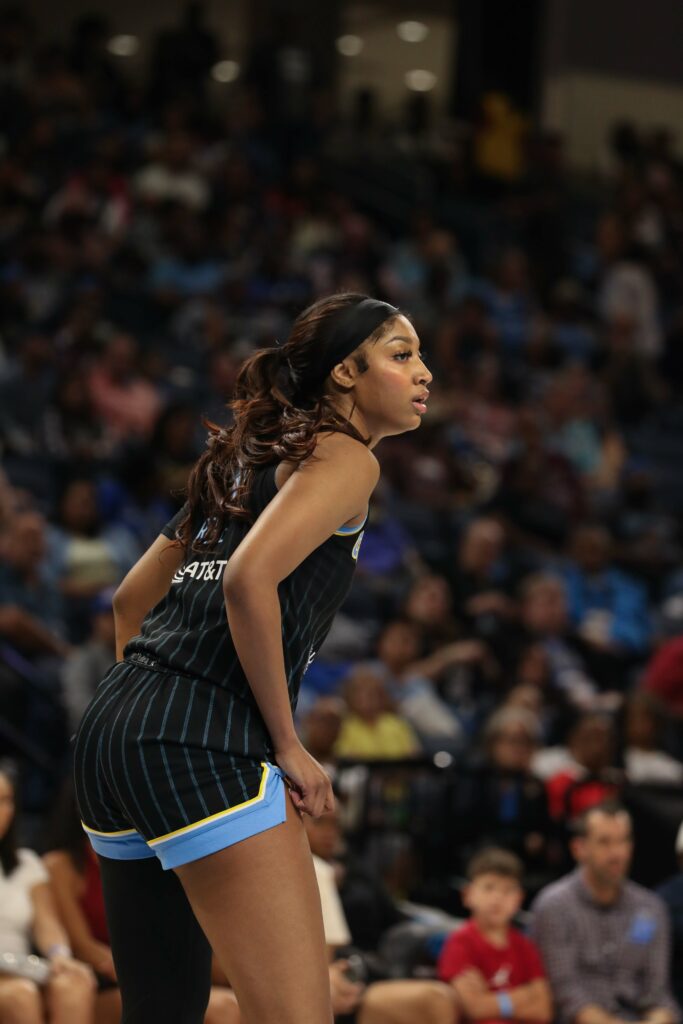
Led by rookie sensation Angel Reese (“The Barbie”), the Sky arrived under a brighter, more intense spotlight than ever before—before the first game even tipped off.
Reese is unlike any other twenty-two-year-old player in the WNBA today, or ever before. She is perhaps most famous for her headlining entrepreneurship, including a Reebok collection and a budding media empire. Throughout the season, Reese’s celebrity brought fans from across the country to Wintrust Arena and inspired an unprecedented following. In August, a pair of young girls even set up a lemonade stand at 111th & Princeton, with the dream of raising enough money to see their icon play.
But Reese brought more than branded success to the WNBA. Her fearless, hardworking style of play made her the centerpiece of the Sky’s defense. By July, she’d broken the WNBA record for consecutive double-doubles in a single WNBA season. On the court, Reese’s importance as a teammate was undeniable; even as a rookie, Reese exemplifies the kind of deeply connective, focused leadership typically displayed by veterans.
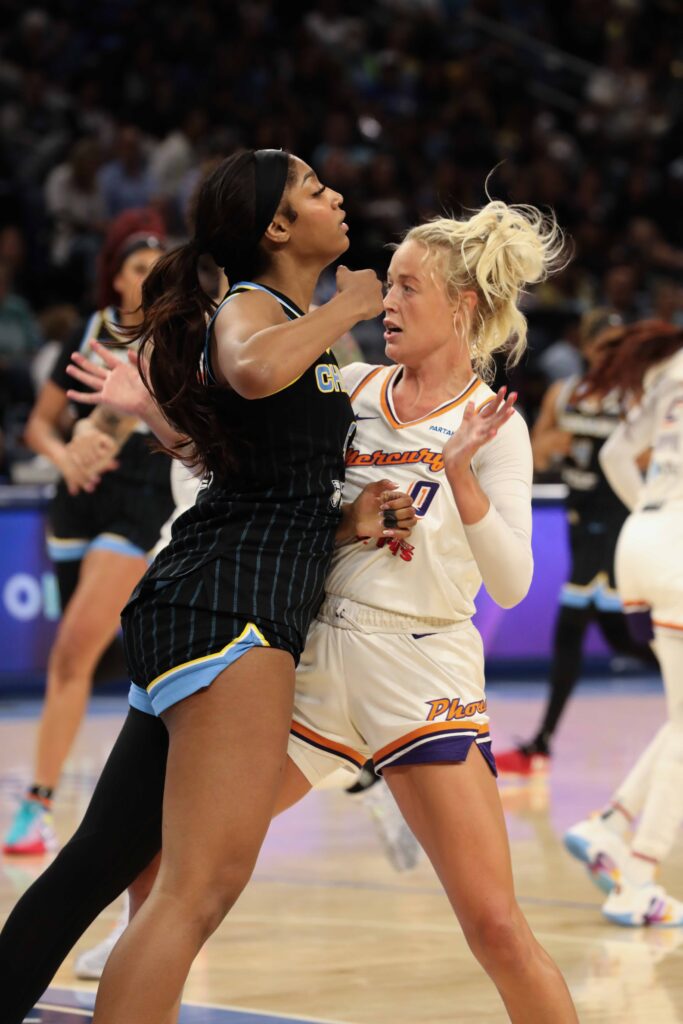
“My job is to rebound,” Reese told reporters after the Sky defeated the Seattle Storm on July 6. “So I’m going to go out there and do my job.…I know that’s what my teammates need me to do, and I’ve committed to that.…I never want to let my teammates down.” Perhaps it’s only fitting that Reese’s greatest skill in basketball is rebounding: an act of support, repair, and sacrifice for the greater good. After Reese’s rookie year was cut short when she fractured her wrist during a game in early September, she finished her season from the bench, cheering with the tenacity of a head coach.
The most intense games at Wintrust were against the Indiana Fever. During those matchups, the brightly lit court felt tighter, like it was wrapped inside a fist, full of Caitlin Clark t-shirts in yellow (for Iowa, her NCAA alma mater) and red (for the Fever). Chicagoans arrived determined to defend their home turf, hungry for the Sky to triumph.
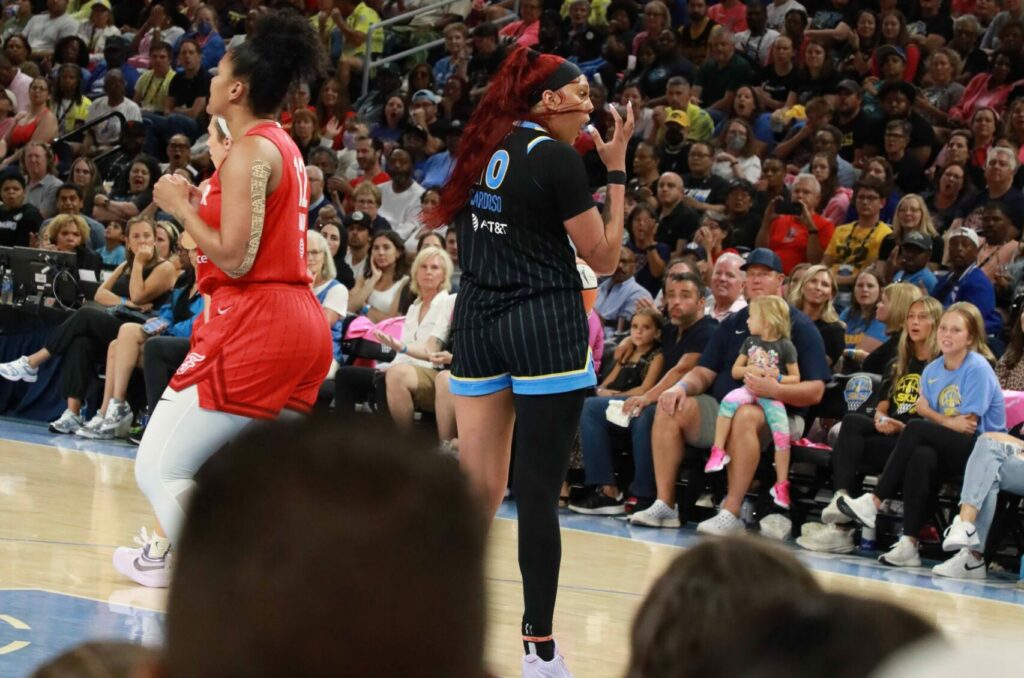
On June 23, Reese led the Sky to a thrilling fourth-quarter comeback over the Fever, edging out Indiana by a single point and sending Wintrust into a frenzy.
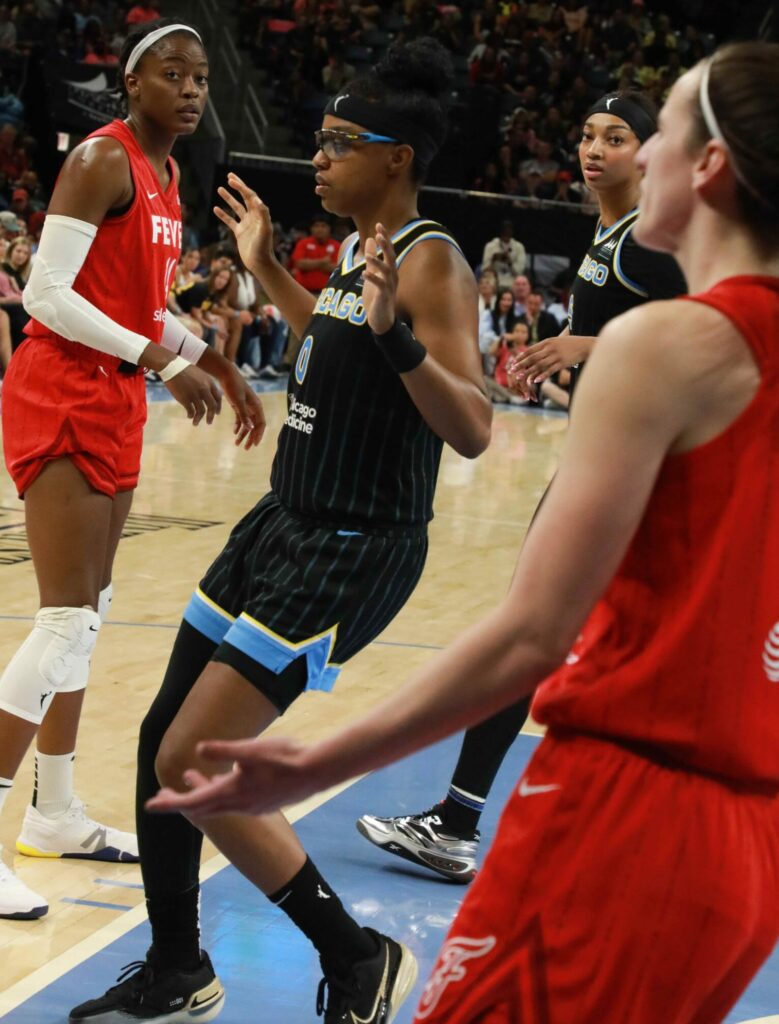
“This is a game I could watch once a week,” said former Olympian and WNBA champion Sheryl Swoopes, who sat courtside for the game. “Like, the energy was so good.…I was like give me more!”
On August 30, the Sky and Fever met once again for the first ever ‘Barbie Night’ of Reese’s WNBA career and a 19-point victory by Indiana. But these matchups have an addictive quality, and the budding rivalry between Chicago and Indiana remains a powerful seed in the WNBA, newly planted.
By September, the Sky skidded to a seven-game losing streak, and their chances of making the playoffs faltered. But if the season was surrounded by unpredictability, the performances by key players gripped fans throughout.
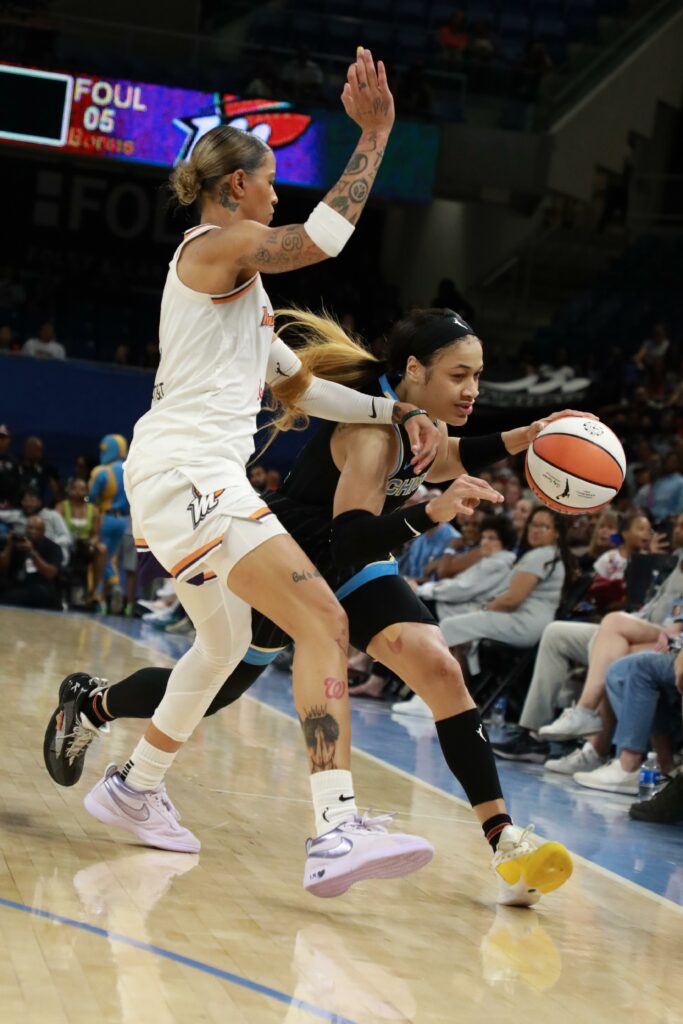
No one rose to the occasion more than 5’9’’ guard Chennedy Carter, who signed with the Sky on a training-camp contract, her longterm status on the team completely unknown. By mid-season, Carter had burst into center stage as the starting point guard and leading scorer. She dazzled audiences with impossible feats of athleticism, her unmatched speed garnering her the nickname “Chennedy Expressway.”
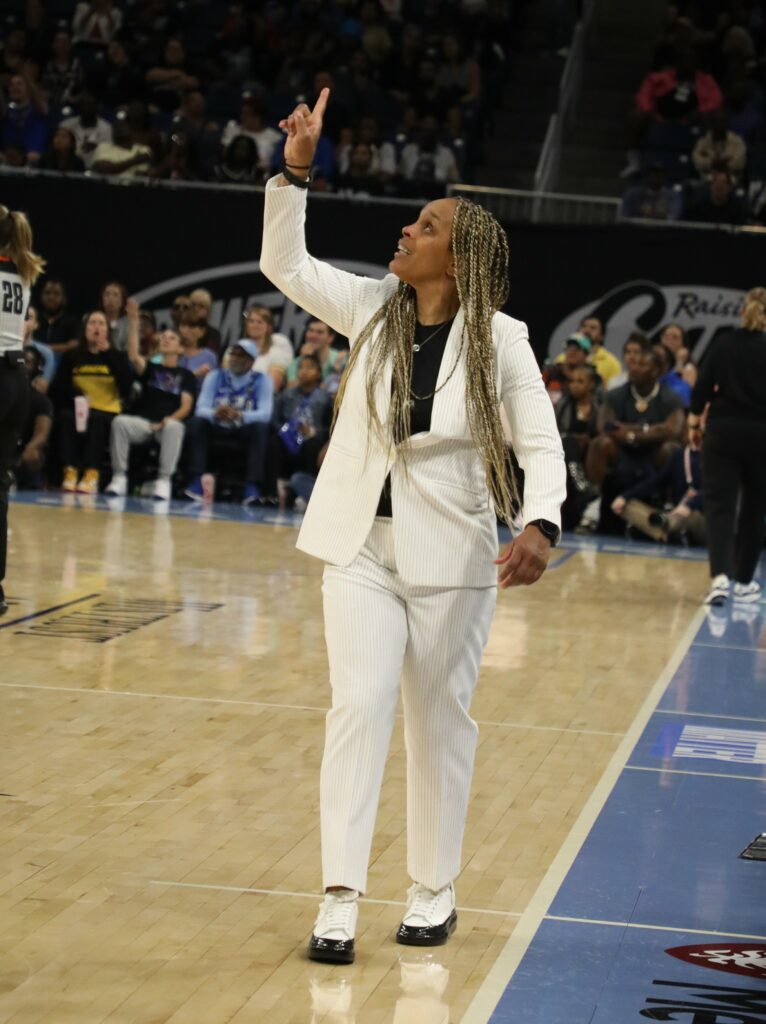
Coach Weatherspoon’s belief in Carter ran deep throughout the season, a kind of “parent-child” mentorship. “It’s beautiful to watch,” Weatherspoon said on September 8, after the Sky’s final home-game victory, over Dallas.
“I hope everybody else sees [how she plays] too, and how great this young lady is, and how she’s really grown in many areas of her life. I’m proud of that.” The success of Carter and Weatherspoon’s relationship remains as a sign of hope, a stake of possibility in the grounds of a franchise still-in-transition.
And so the Sky’s future remains in limbo. On Thursday, September 19, the team officially fell out of playoff contention with a loss to the Connecticut Sun, which the Sky’s former starter Marina Mabrey requested a trade to mid-season.
But one thing is clear: the WNBA’s growing popularity is both a blessing and a curse for longtime Sky fans, who are gaining hope for the team’s future—and grappling with spiking ticket prices. Now comes a long wait until the 2025 season, which promises to be another summer of inevitable change and revelation in the WNBA.





Maya Goldberg-Safir is a Chicago-based independent writer and audio producer from Oakland who writes about the WNBA and its culture at WNBA Rough Notes. Justine Tobiasz is an artist and archivist in Chicago.

